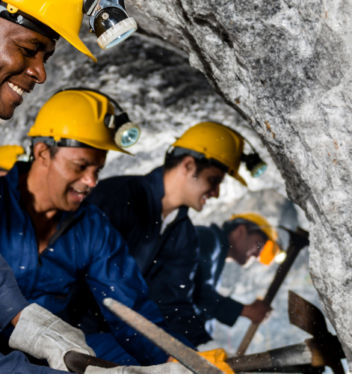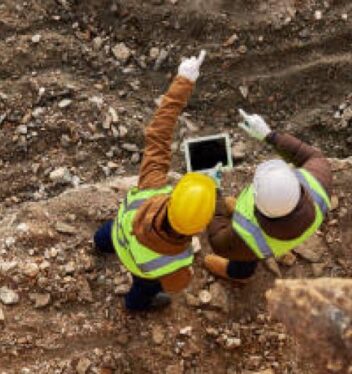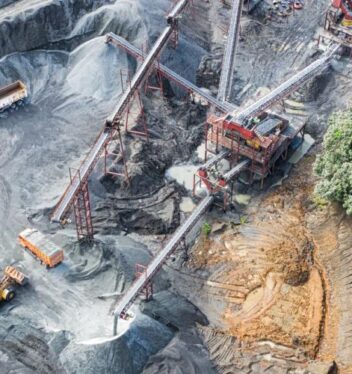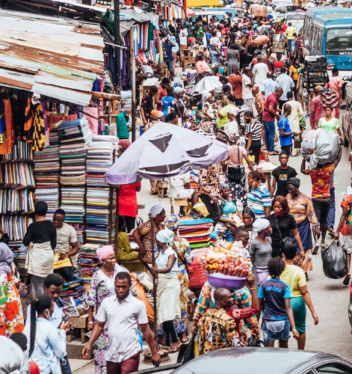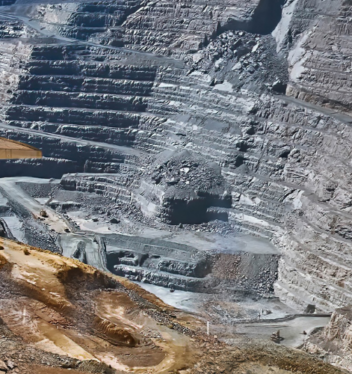Despite being one of the biggest strains on budget and resources, travel can largely go unnoticed in the day-to-day operations of the mining industry – until it goes wrong.
When travel schedules go awry, and FIFO staff are late to the site, projects become delayed. What should be a seamless part of logistics suddenly becomes a huge source of stress, frustration and expense.
Cost is critical to the mining sector. The desire to see a reduction in travel spend is one of the key motivations behind many mining organisations’ decision to work with a TMC. However, many mining organisations have discovered that low cost does not necessarily equate to high value and have learned the hard way that a successful travel programme requires a delicate balance of cost and process efficiency.
Once a new travel partner has been implemented and rolled out across your organisation, how can you be sure that you continue to receive the most value from your travel programme?
ATPI Mining Travel’s experts have compiled this short guide, discussing the key points to ensure that your mining organisation gets the best value.
The key to receiving value from your travel programme
A flexible travel programme is essential if mining organisations are to achieve their broader business goals and receive the most value from their TMC. But what does flexibility really mean within the mining sector?
Conditions in the mining industry are liable to change, as the best-laid plans are subject to political influence, extreme weather, unforeseen situations and, of course, global pandemics. Therefore, flexibility refers to the ability to react quickly to these changes with minimal impact on productivity and cost.
Getting a traveller onto a plane is one thing. Still, there are many “behind the scenes” processes and regulations around site permits, certifications and travel visas that need consideration. Managing these requires another level of expertise to ensure the flexibility and accuracy of the travel programme.
An inflexible travel programme can incur unexpected costs, both in productivity, efficiency, and travel spend. For example, a programme that prioritises the cheapest possible fares above all else could pay more overall due to fees applied when itineraries need to change.
A genuinely flexible travel programme should include:
Global fare sourcing
Working with a travel supplier who can source international fares globally provides the best chance of securing more favourable rates.
By engaging with a travel management specialist who can leverage its global buying power, mining organisations can access a wide variety of fares. A TMC with global offices servicing a wide range of locations can provide the best locally priced fares, regardless of where the booking originates. Your TMC should also have strong global supplier relationships, airfare contracting and benchmarking expertise.
The total cost of travel
Understanding the total cost of your organisation’s travel will allow for more accurate reporting and budget forecasting. Still, it can be challenging to gather this information if your organisation relies on different systems and processes when managing travel for FIFO workers.
Finding workflow management and travel booking systems that integrate with personnel management, payroll, HR and expense tools will allow for easier reporting on the total cost of travel. With access to this type of data, your organisation will be better informed and best placed to identify areas to improve flexibility at the lowest possible cost.
Reporting and analytics
Understanding how your organisation travels today is the best way of predicting how it will travel in the future.
There is an immense amount of data involved in the travel of FIFO workers – all of which need to be easily accessible for strategic planning and cost-saving initiatives. Generating in-house reports on every aspect of the travel life cycle, including meals and ground transport costs, gives your business greater control of your time and spend.

